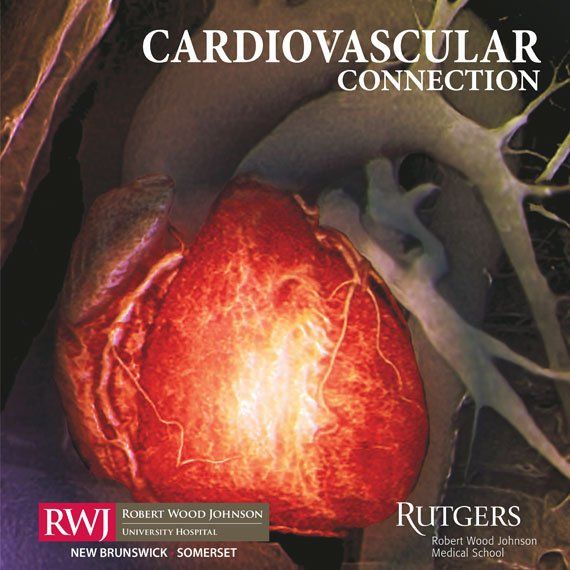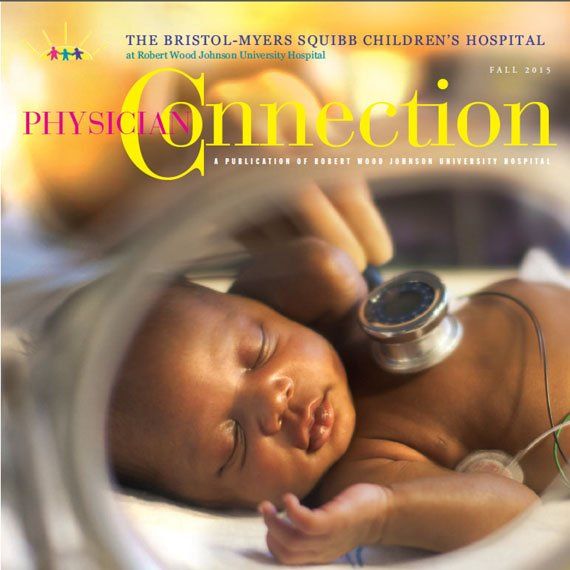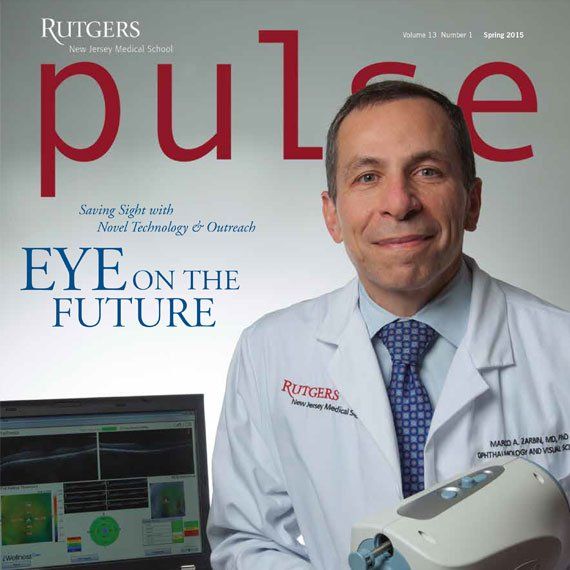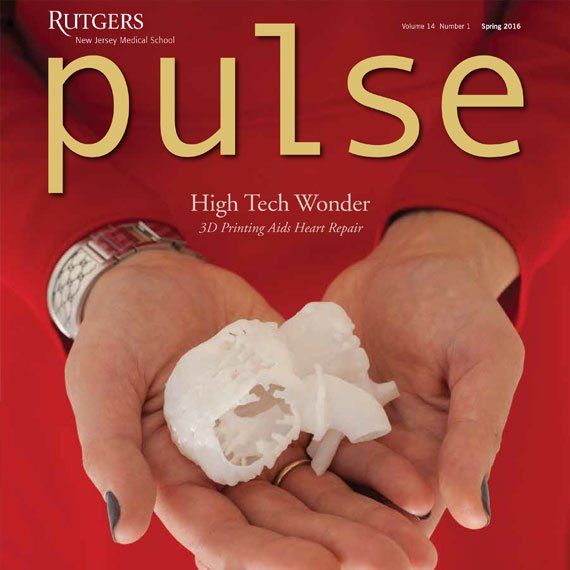Positive Emotions = Smarter & Healthier
Watching my grandchildren at play on Saturday sent me on a quest to research just how powerful happy playfulness can be. Finn, 5, Charlotte, 3 and Evie, 2, were having so much fun that I overheard Ev say, “I love playing.” I expected to find research that supported the importance of play for growing children but stumbled upon the brilliant work of social psychologist Barbara L. Fredrickson, PhD, now at the University of North Carolina. Play and the positive emotions accompanying it, are critical for adults’ physical health and intellectual well-being.

Charlotte in the pig tails and Evie running wildly in play at Anderson Park, Montclair.
Her paper, “What Good Are Positive Emotions?” was published in the Review of General Psychology in 1998 but at least for me, is still breaking apart old notions about positive emotions. Her argument starts small but builds to powerful conclusions. As Fredrickson explains, “Joy and related high-energy positive emotions create the urge to play and be playful, which when acted on, can build personal resources.” Even rough and tumble play, at which Finn excels, is broadening your ability to think clearly and out of the box. Fredrickson says that simply being lured into a happy state of mind – after watching something funny, eating candy, listening to positive words, or smiling at a cartoon – can increase your success later on a mental task or test, boost your creativity and make you see problems in a broader or wider context. She points to a classic series of studies by Alice Isen in the 1980s to support her notion that positive emotions “give rise to an enlarged cognitive context.” As Fredrickson says, positive emotions, which have not been studied as much as negative ones by experts, “broaden an individual’s momentary thought-action repertoire, which in turn has the effect of building that individual’s physical, intellectual and social resources.”
Perhaps even more amazing is the way positive thinking can “undo” negative emotions. Stress can increase heart rate and blood sugar, suppress your immune system and lead to coronary disease and other life-threatening illnesses. In Fredrickson’s “undoing effect,” positive emotions are uniquely gifted at down-regulating the psychological and physical effects of those negative emotions. Remember Peter Pan who had forgotten how to play and who just needed his “happy thought” to fly? Fredrickson's 2013 book, Love 2.0 is now on my to-read list.



















